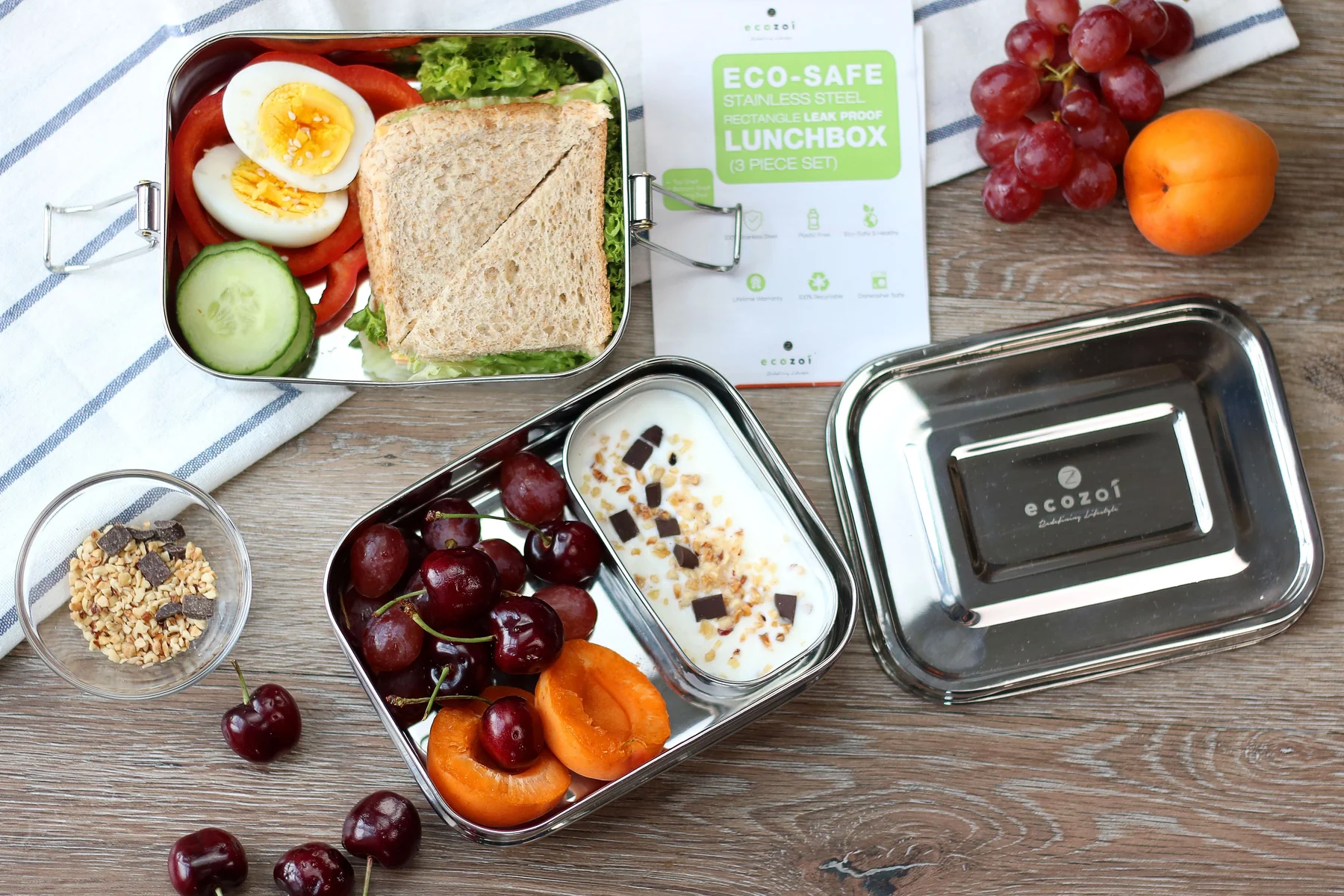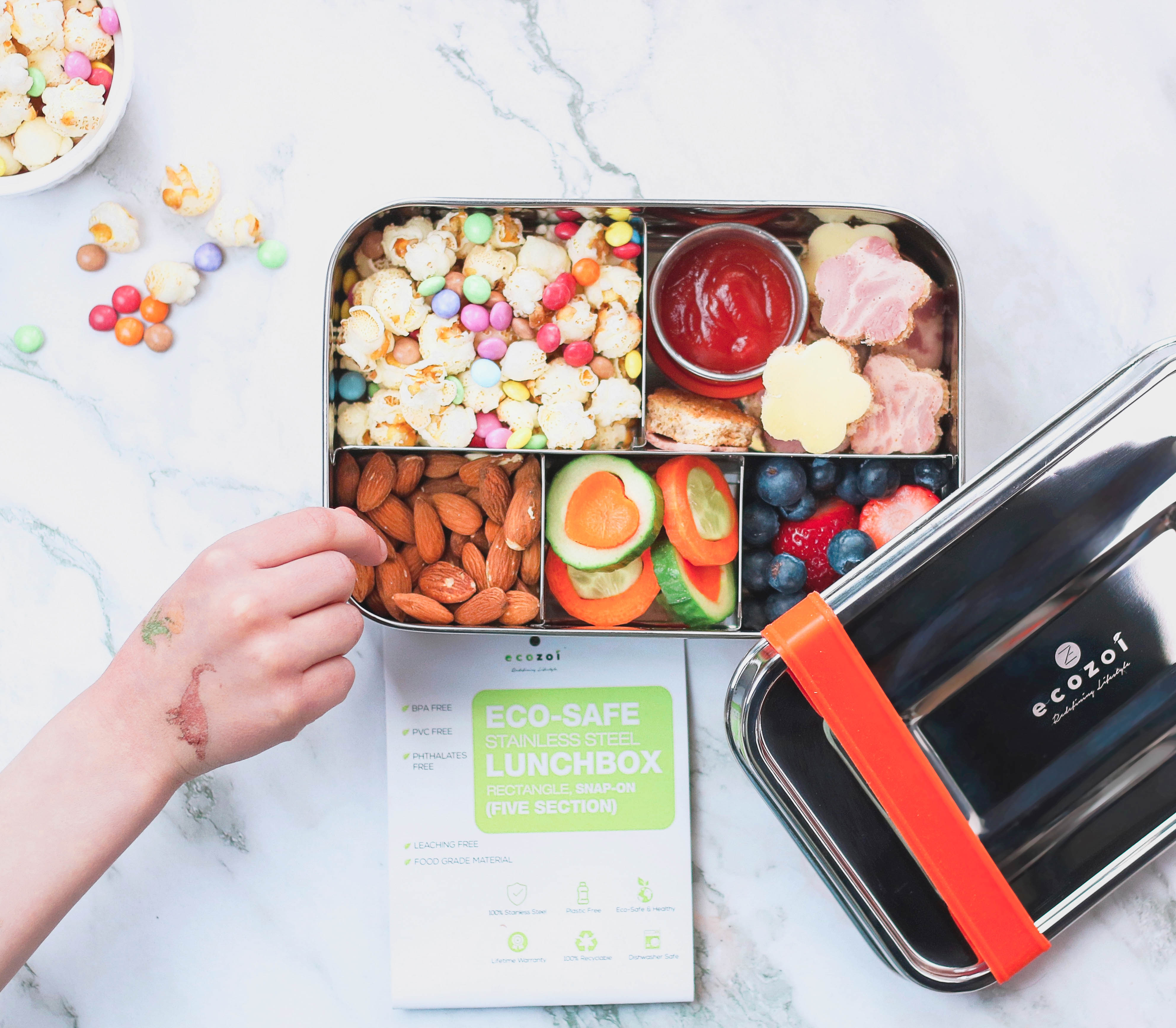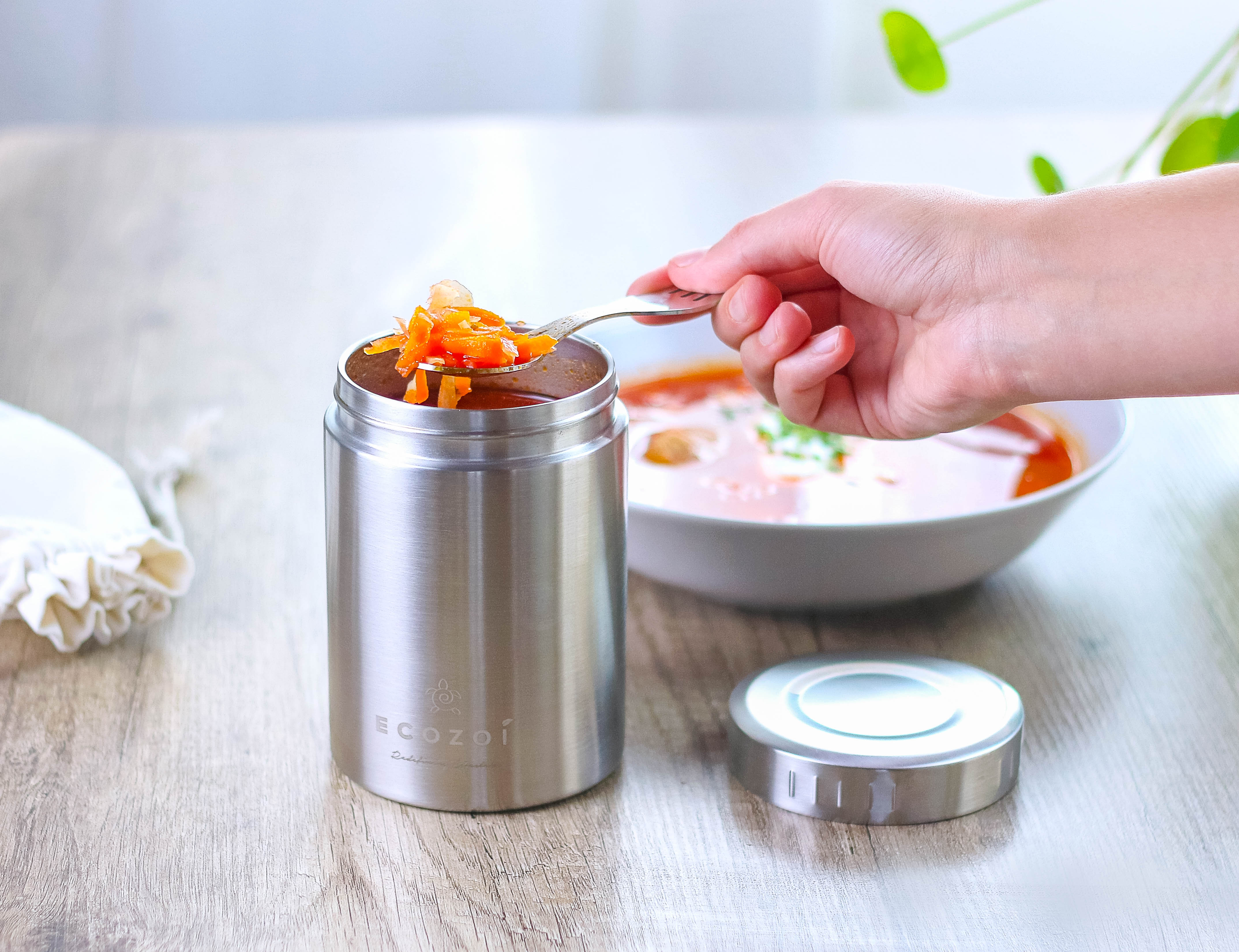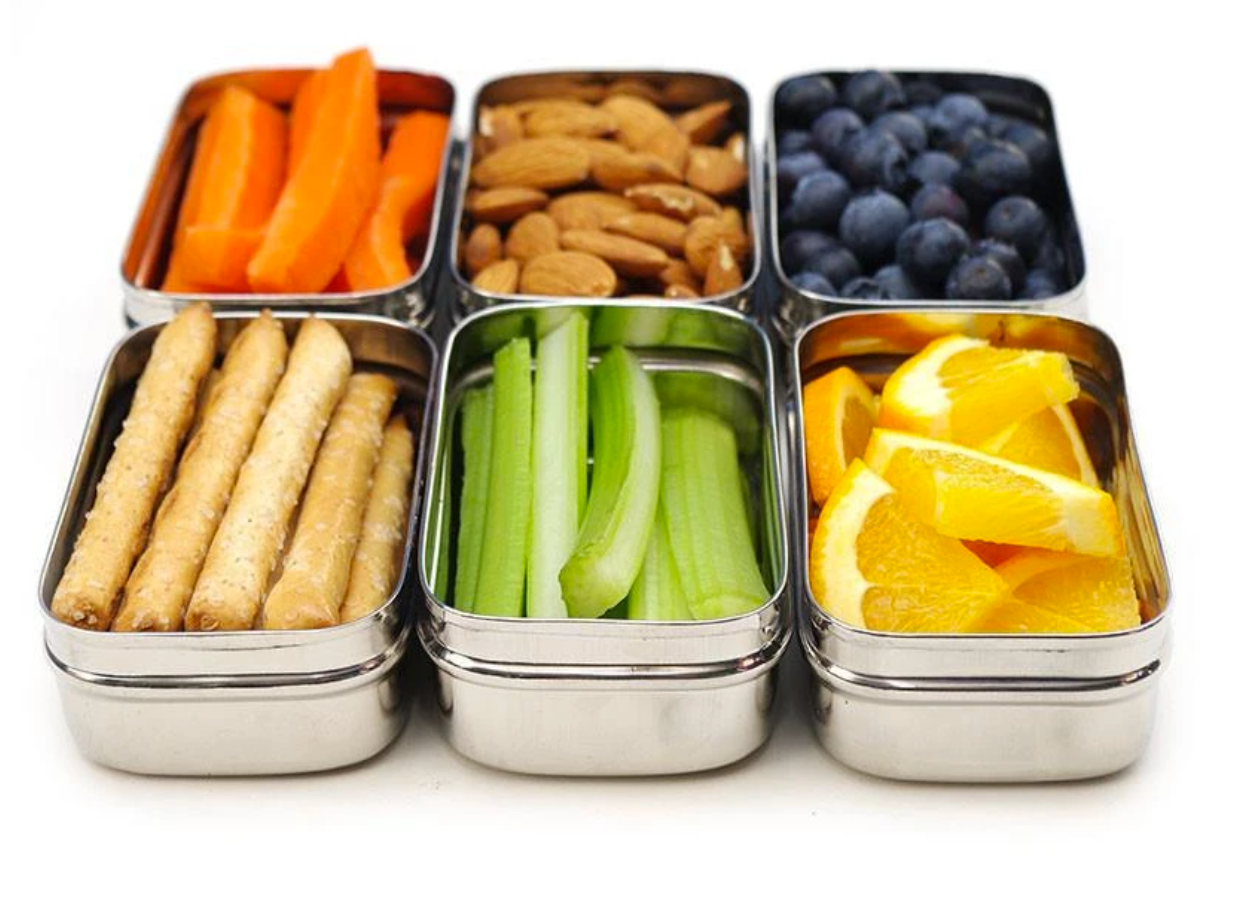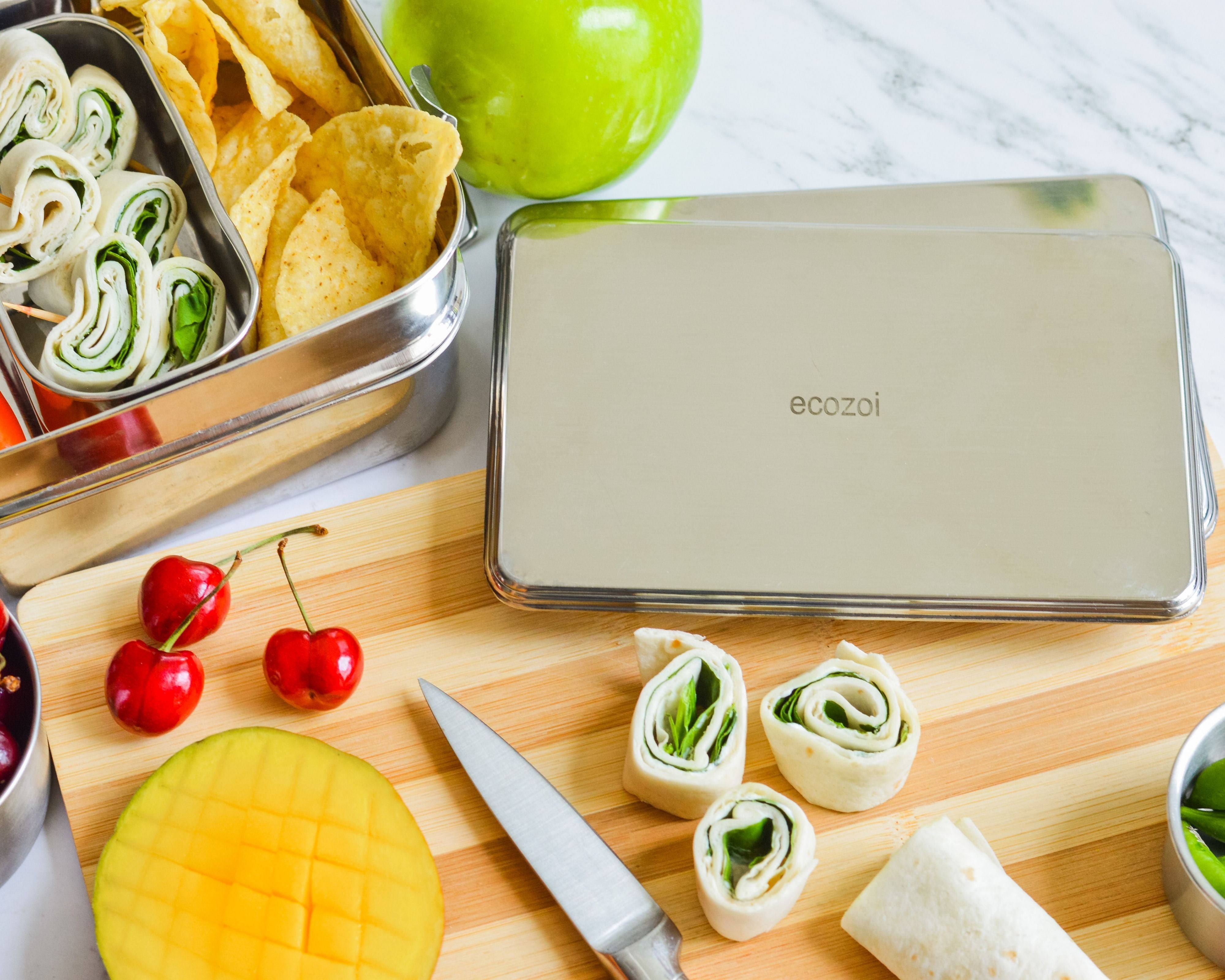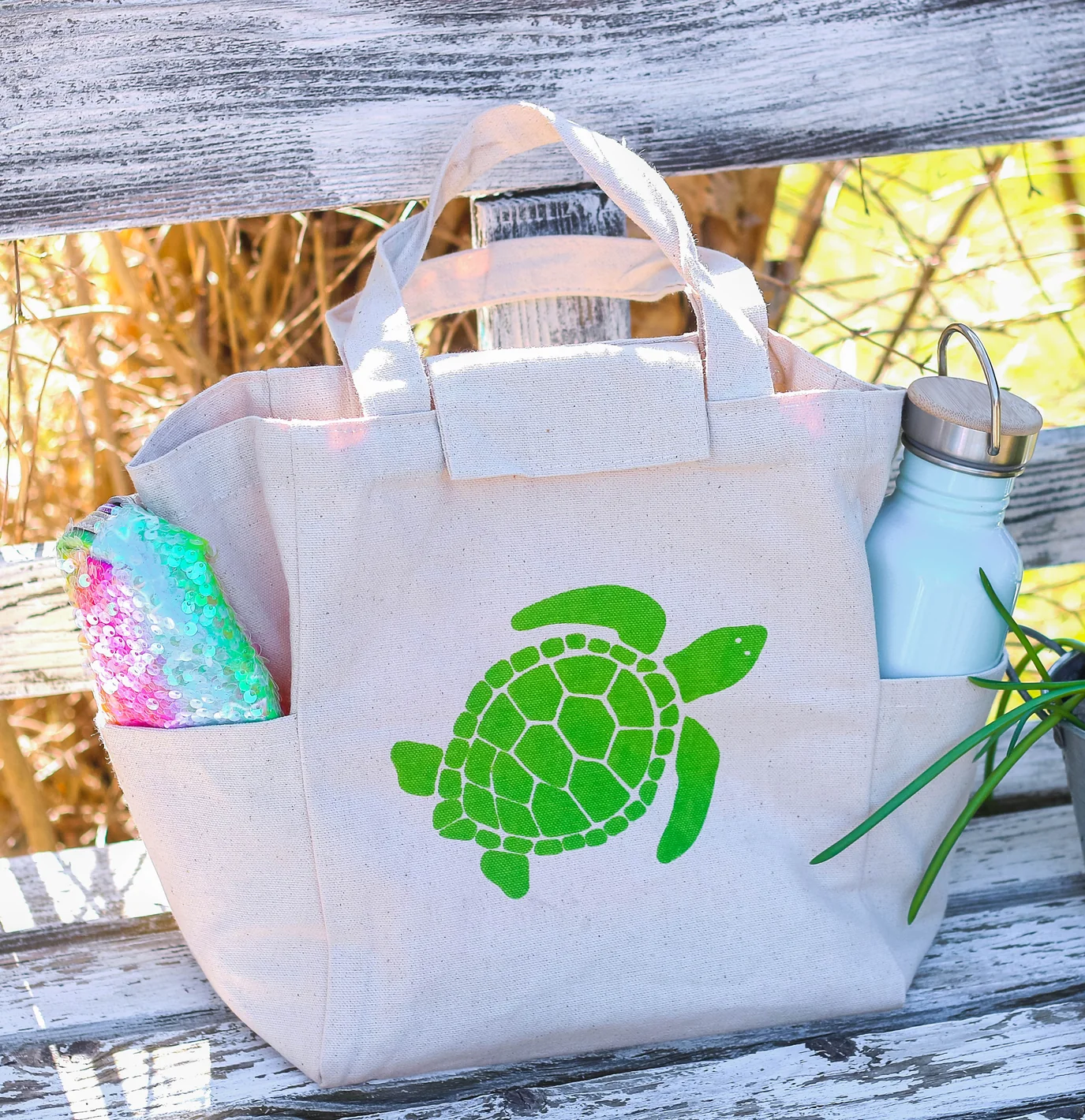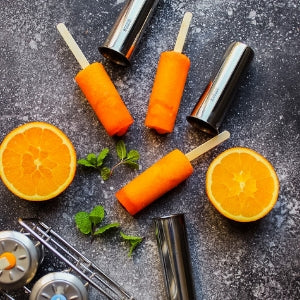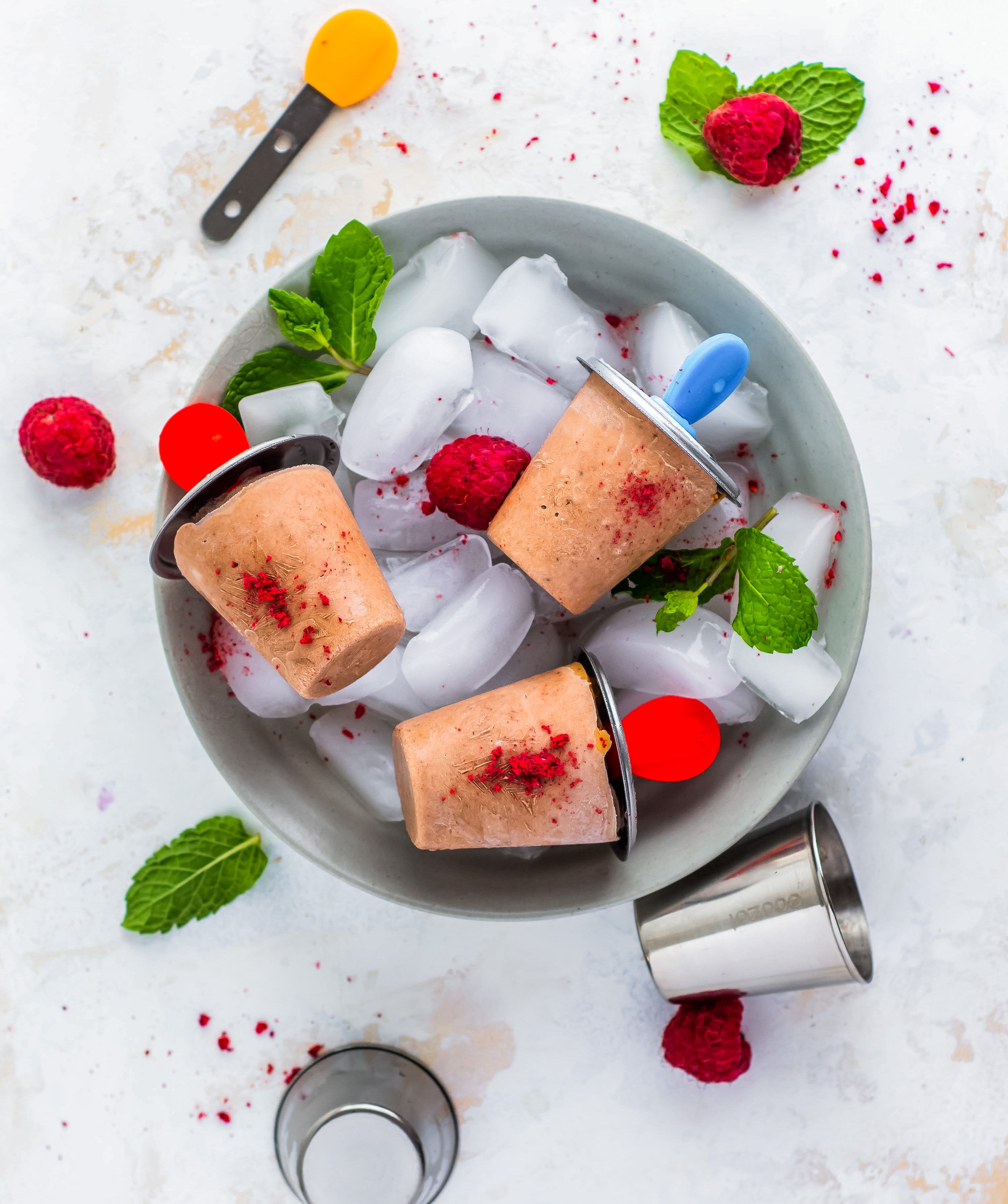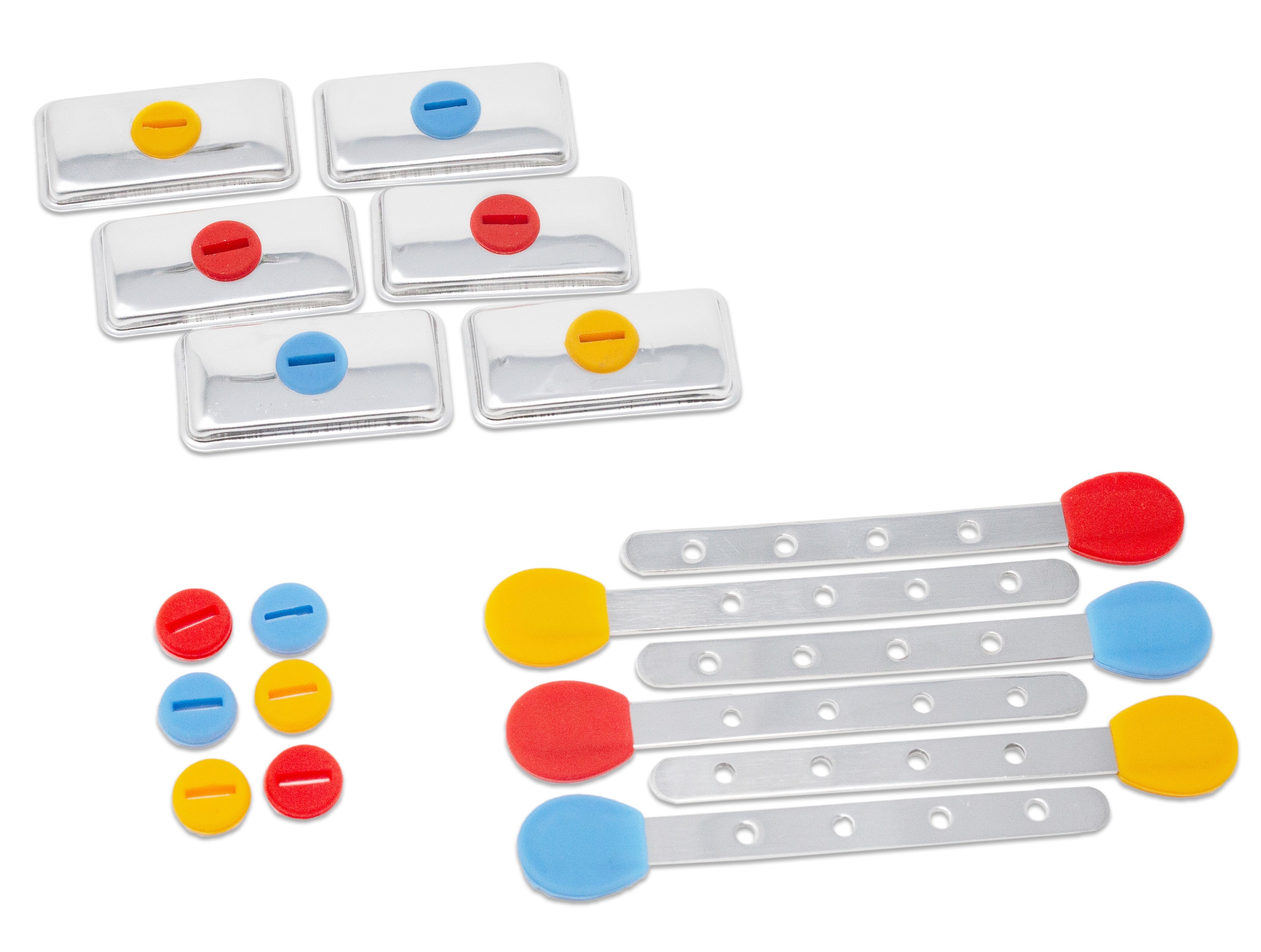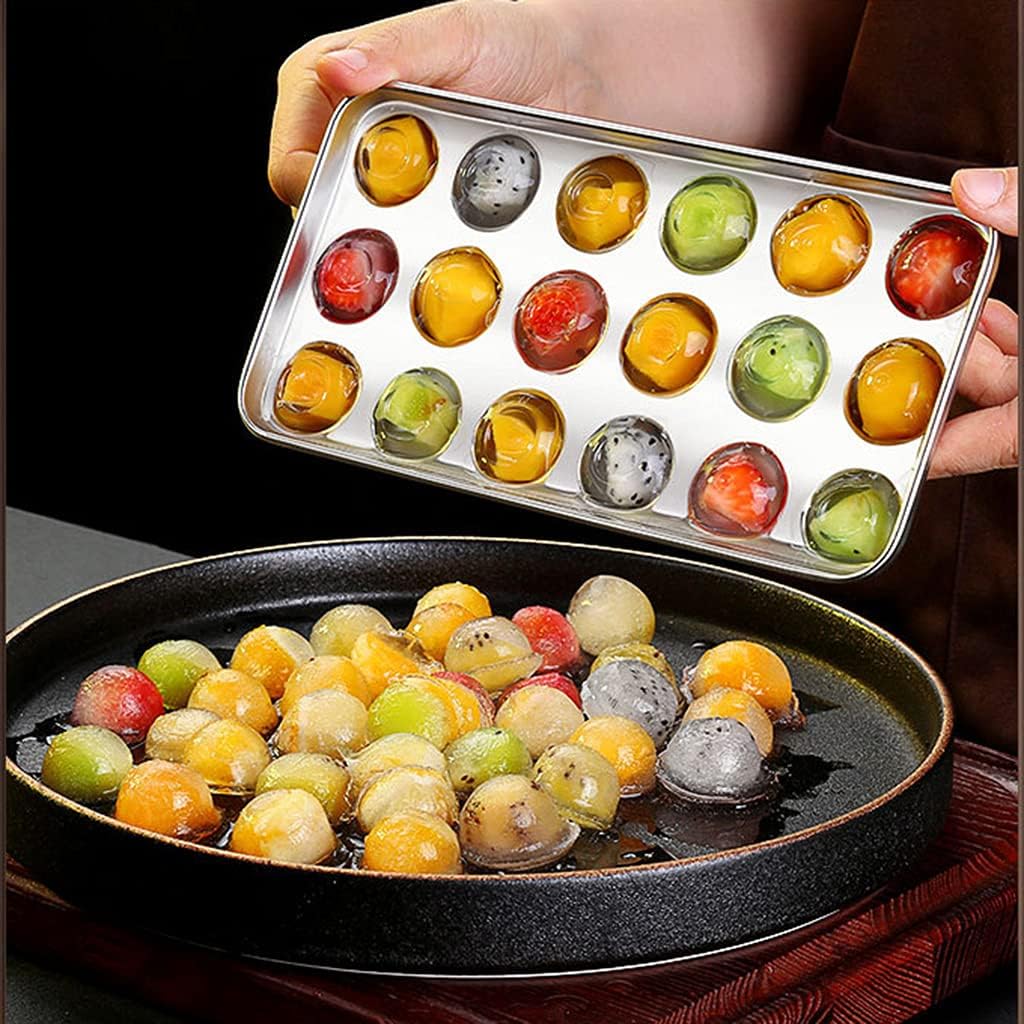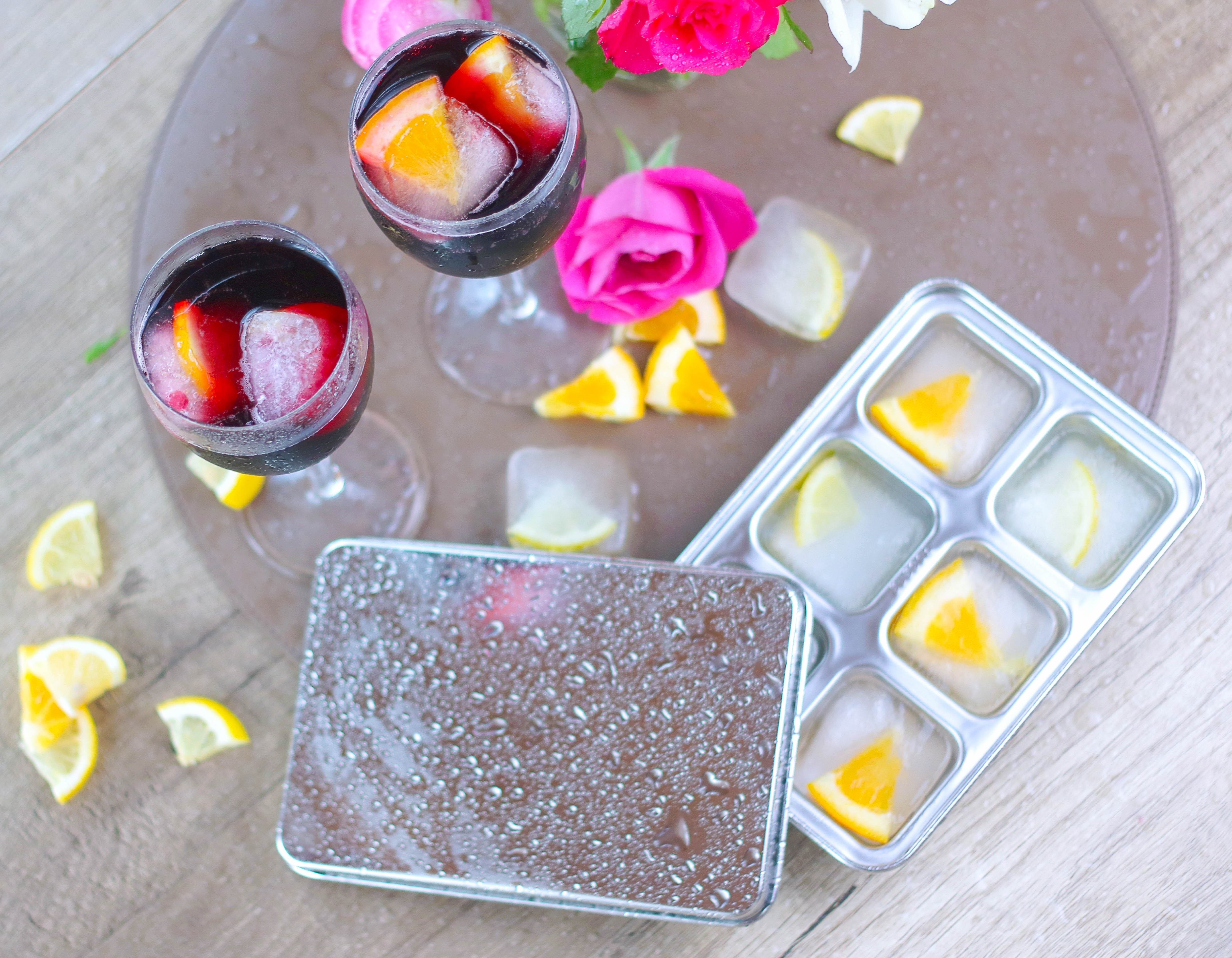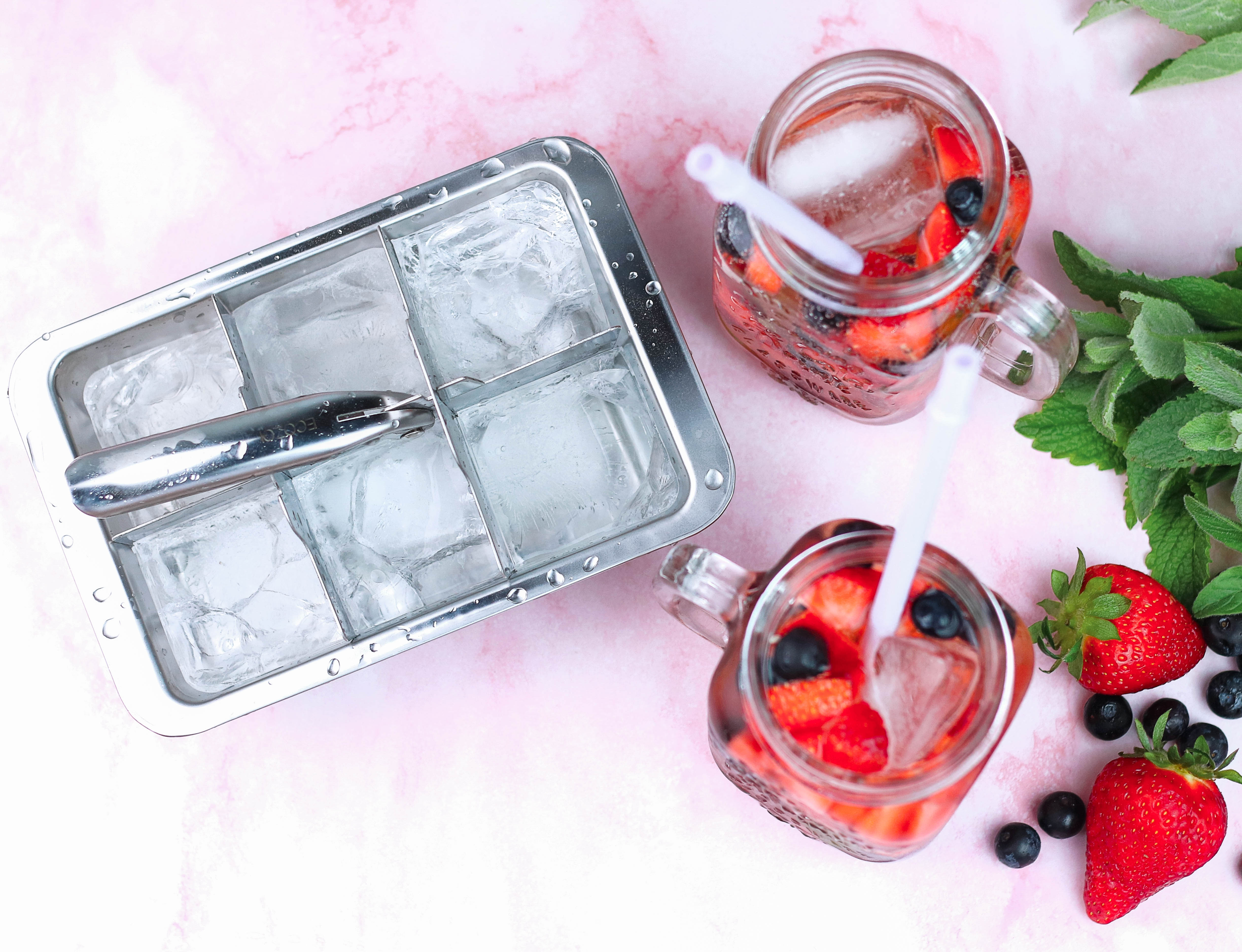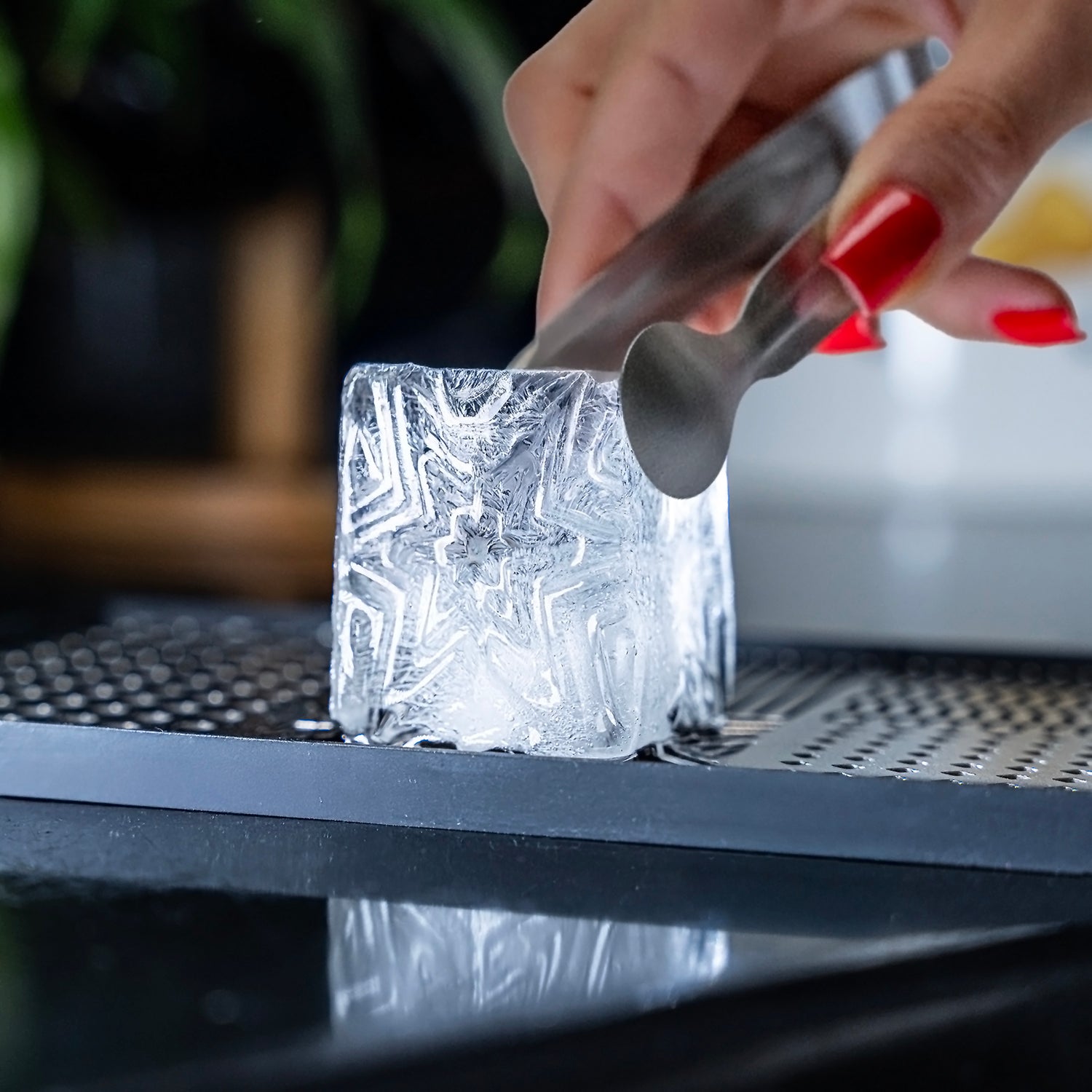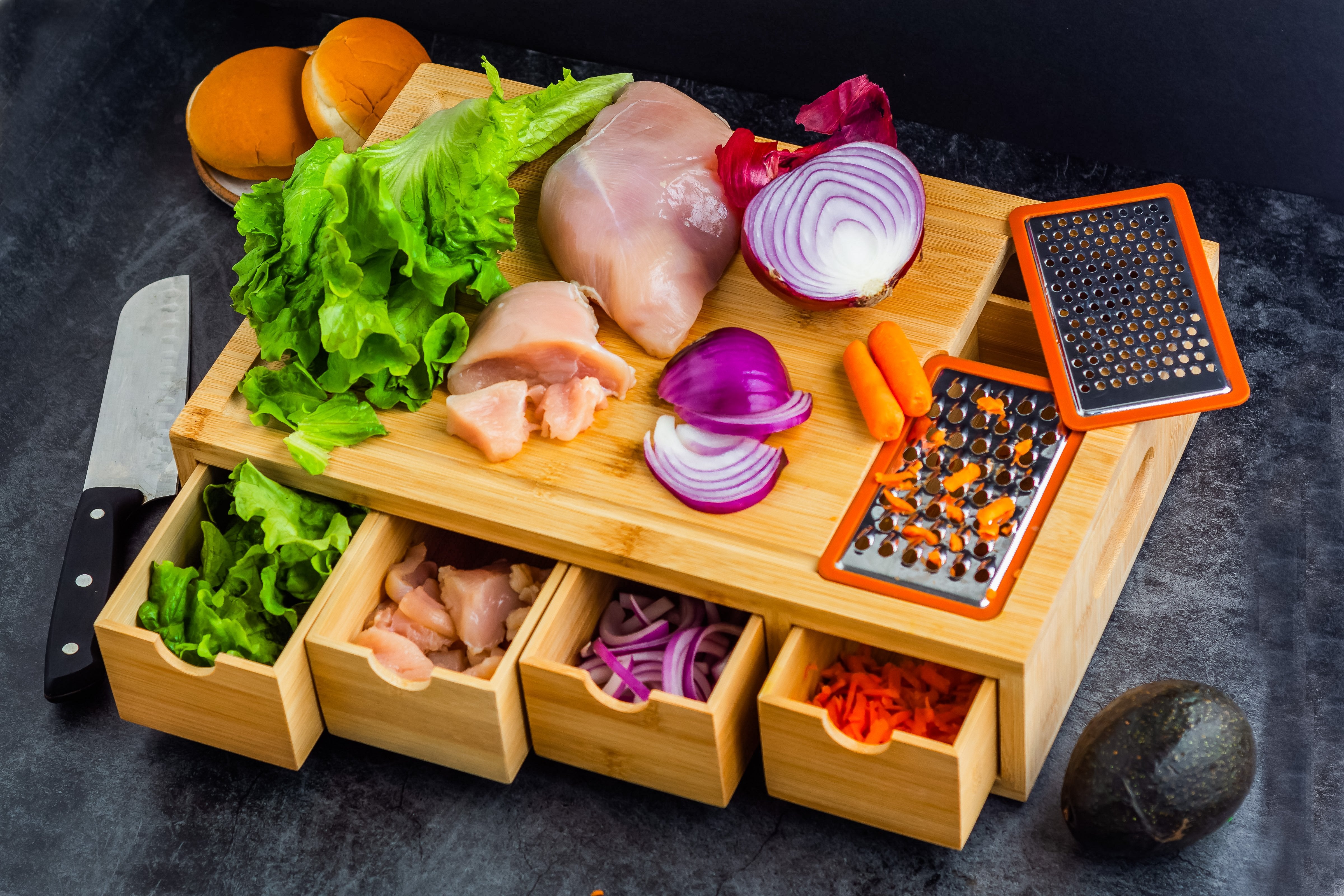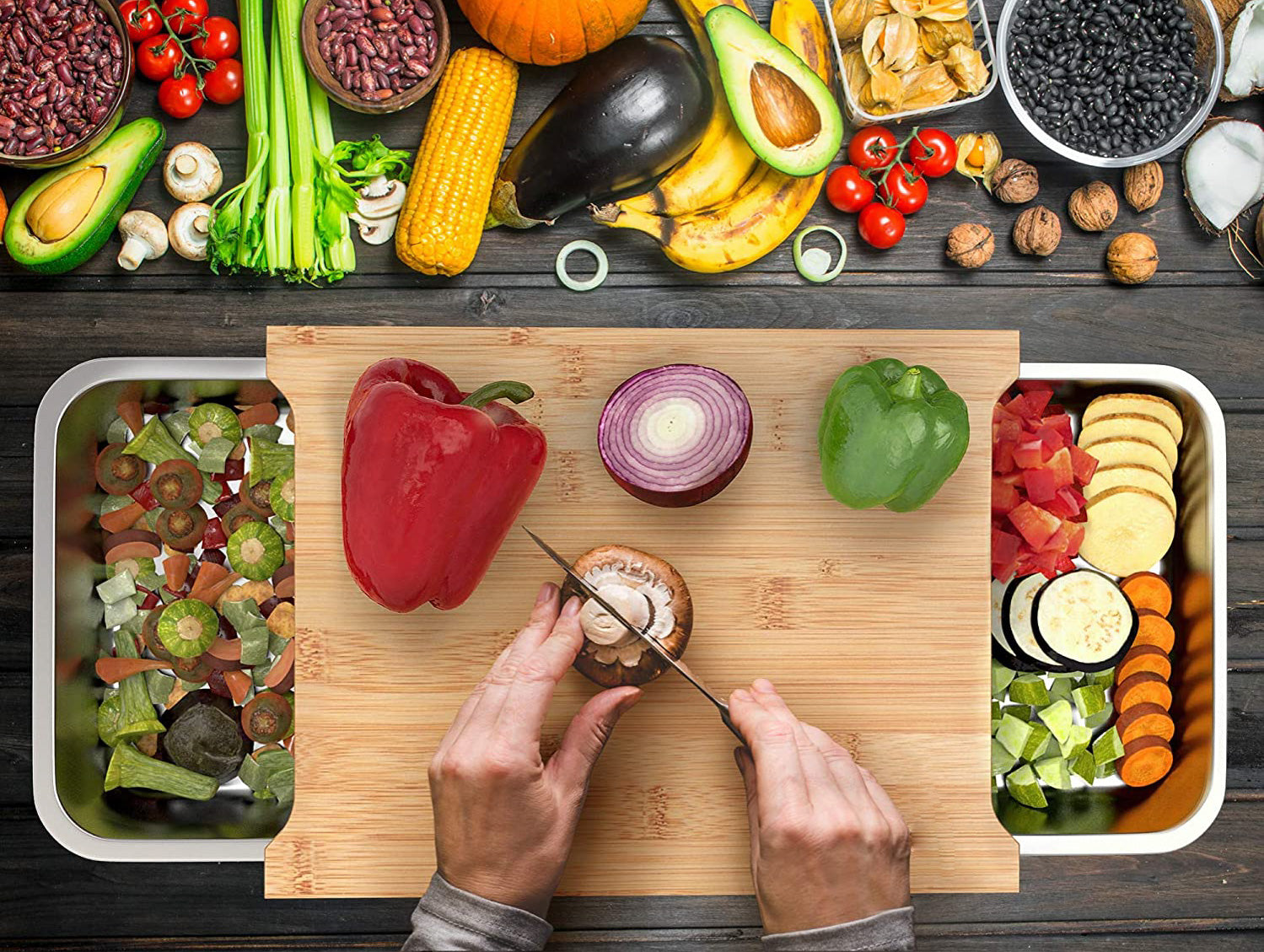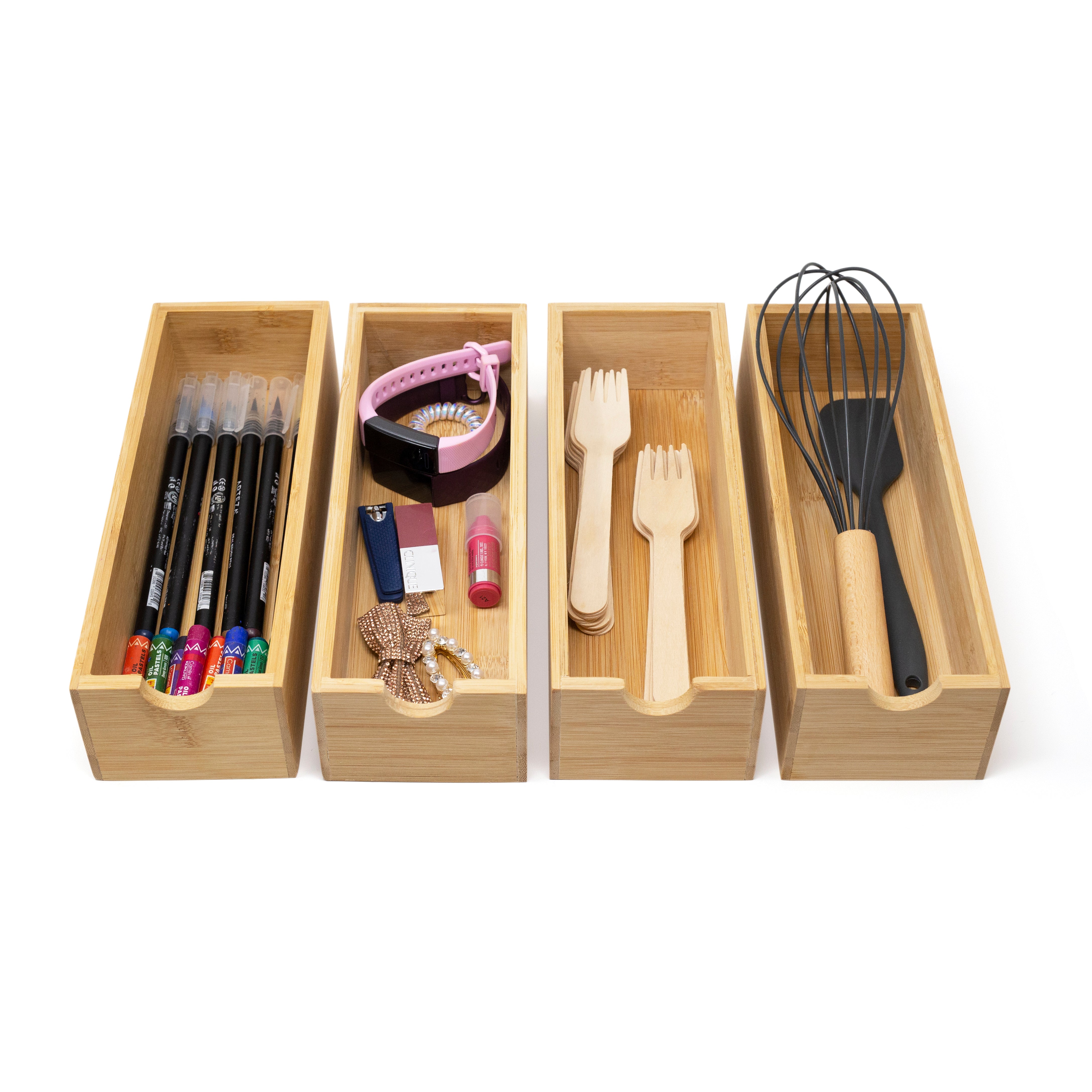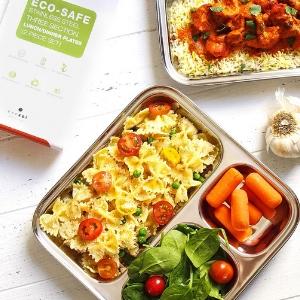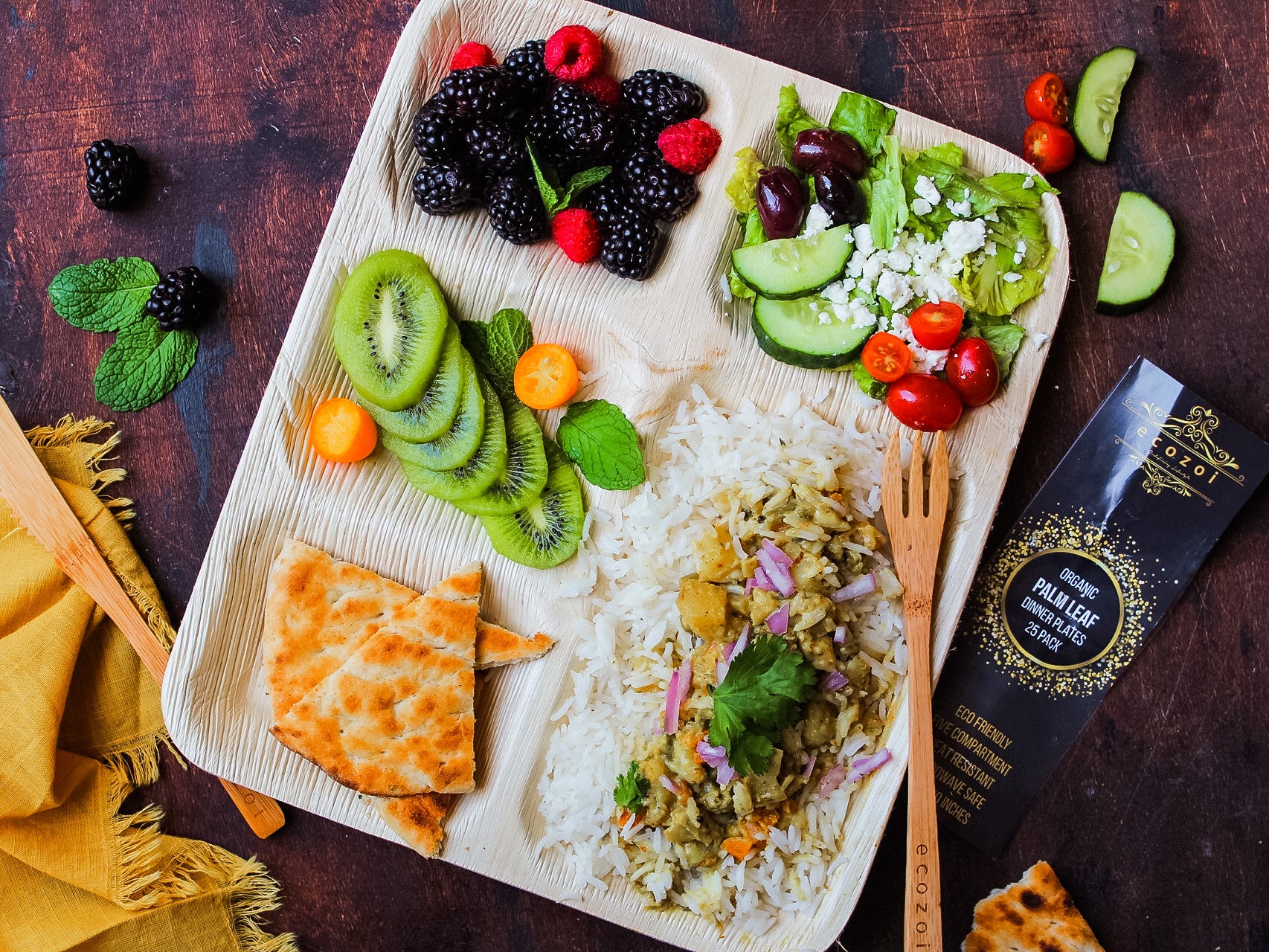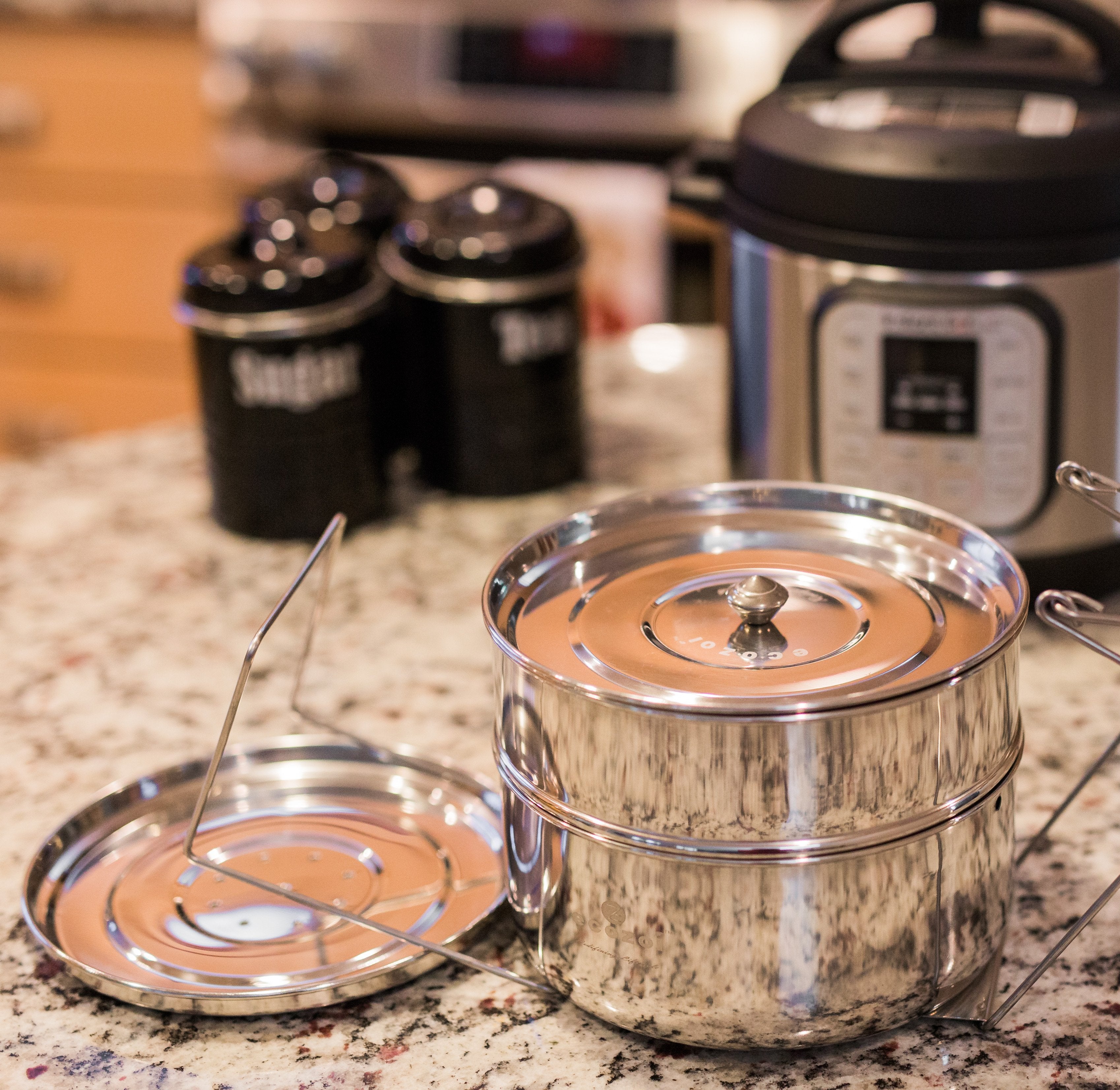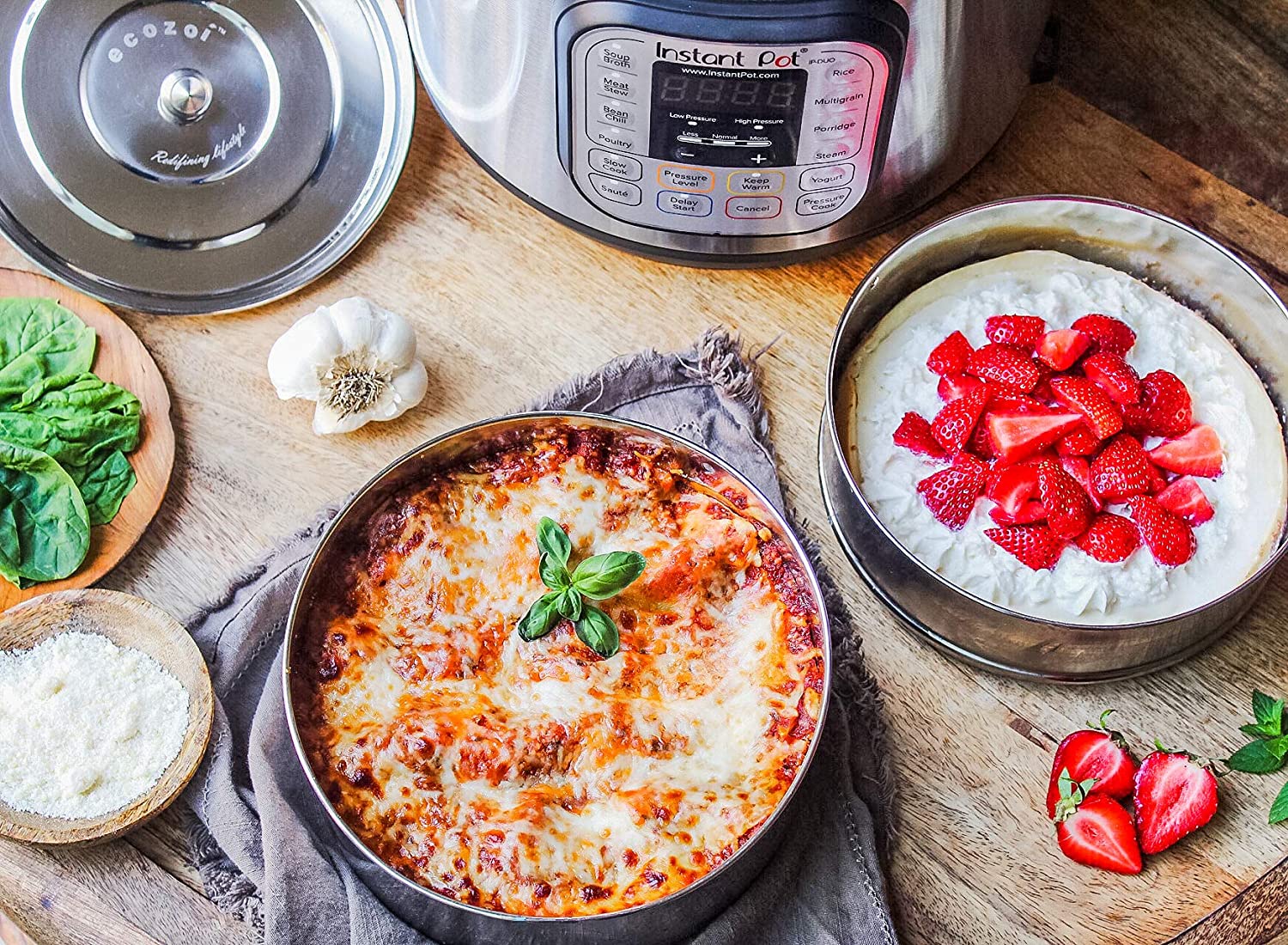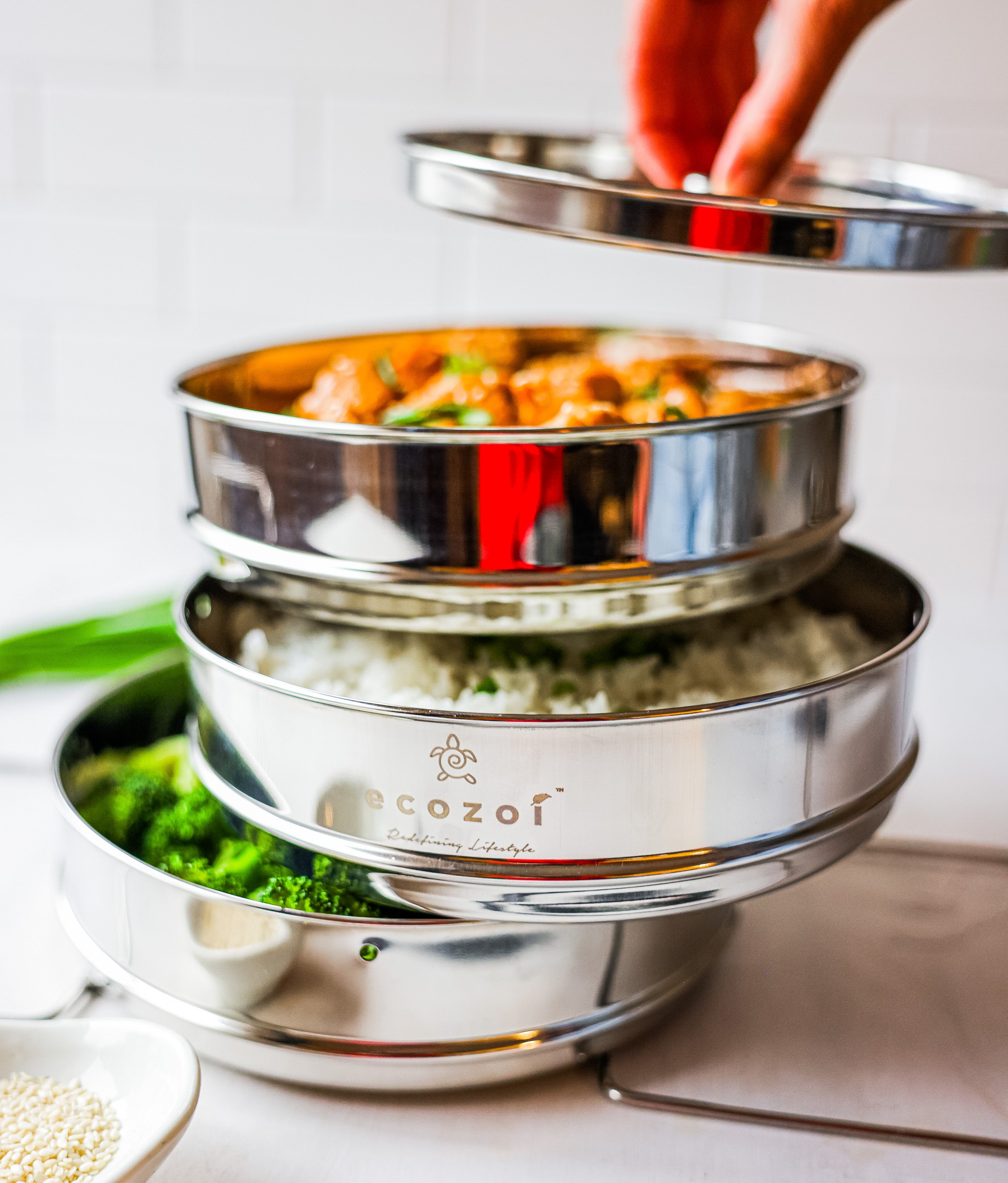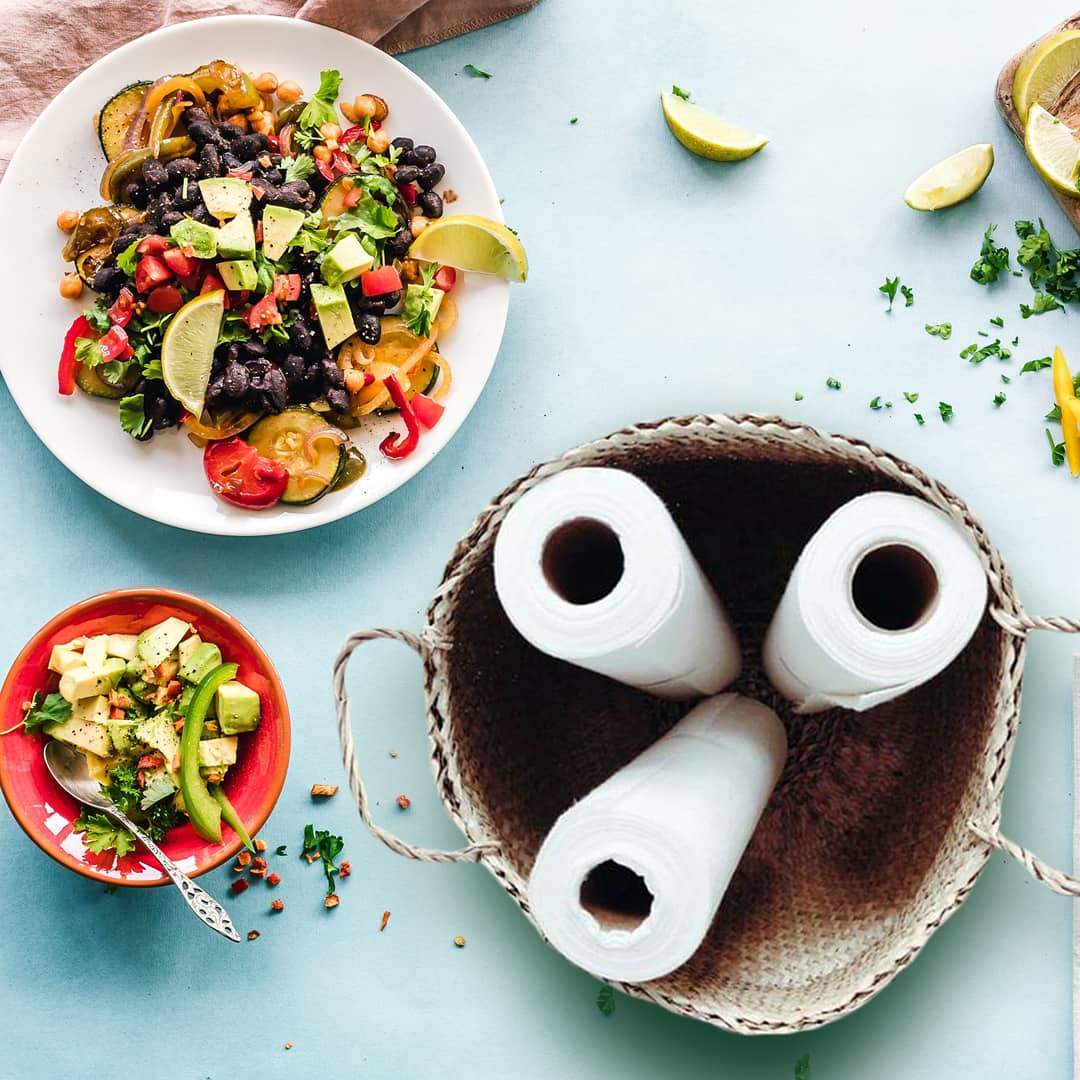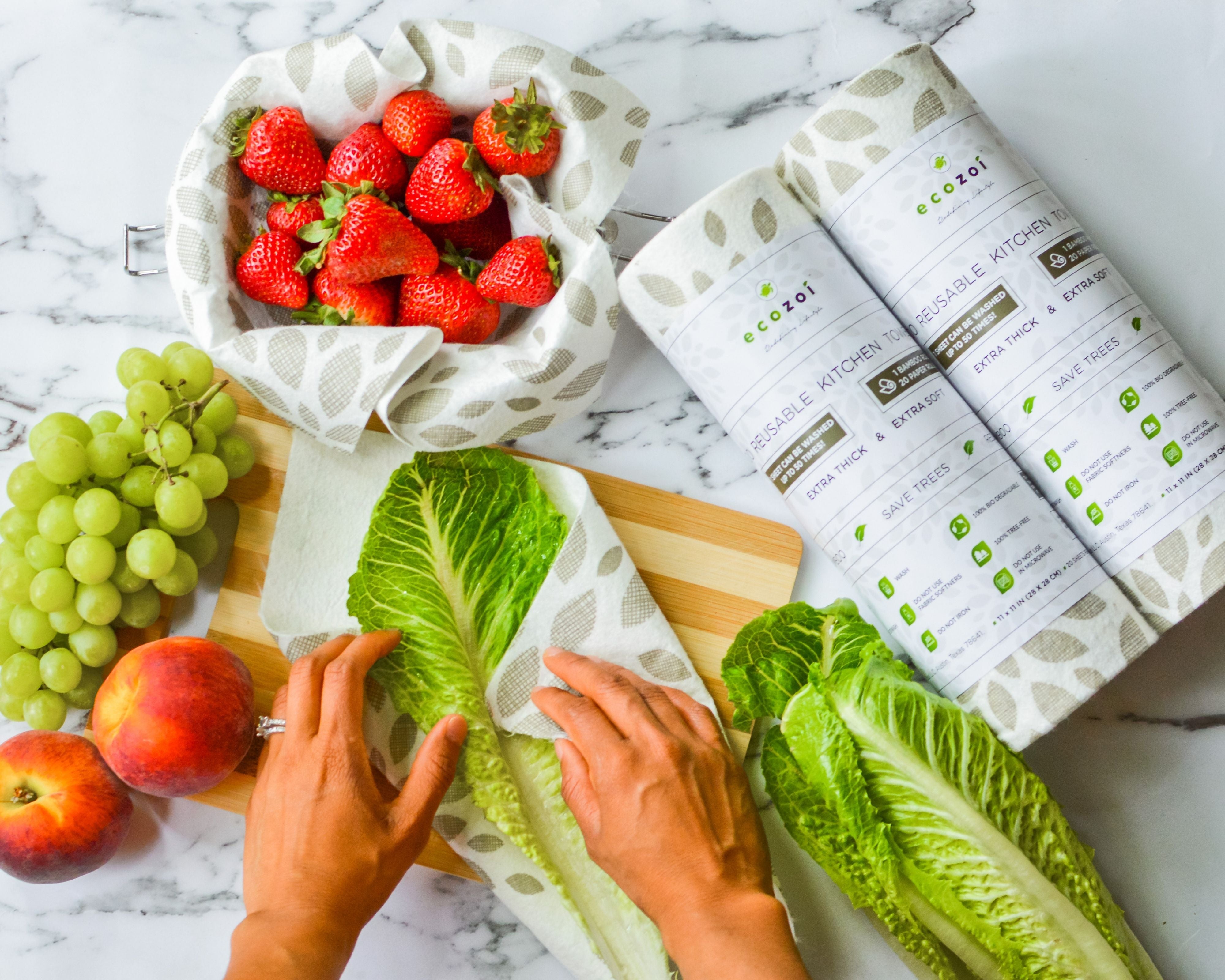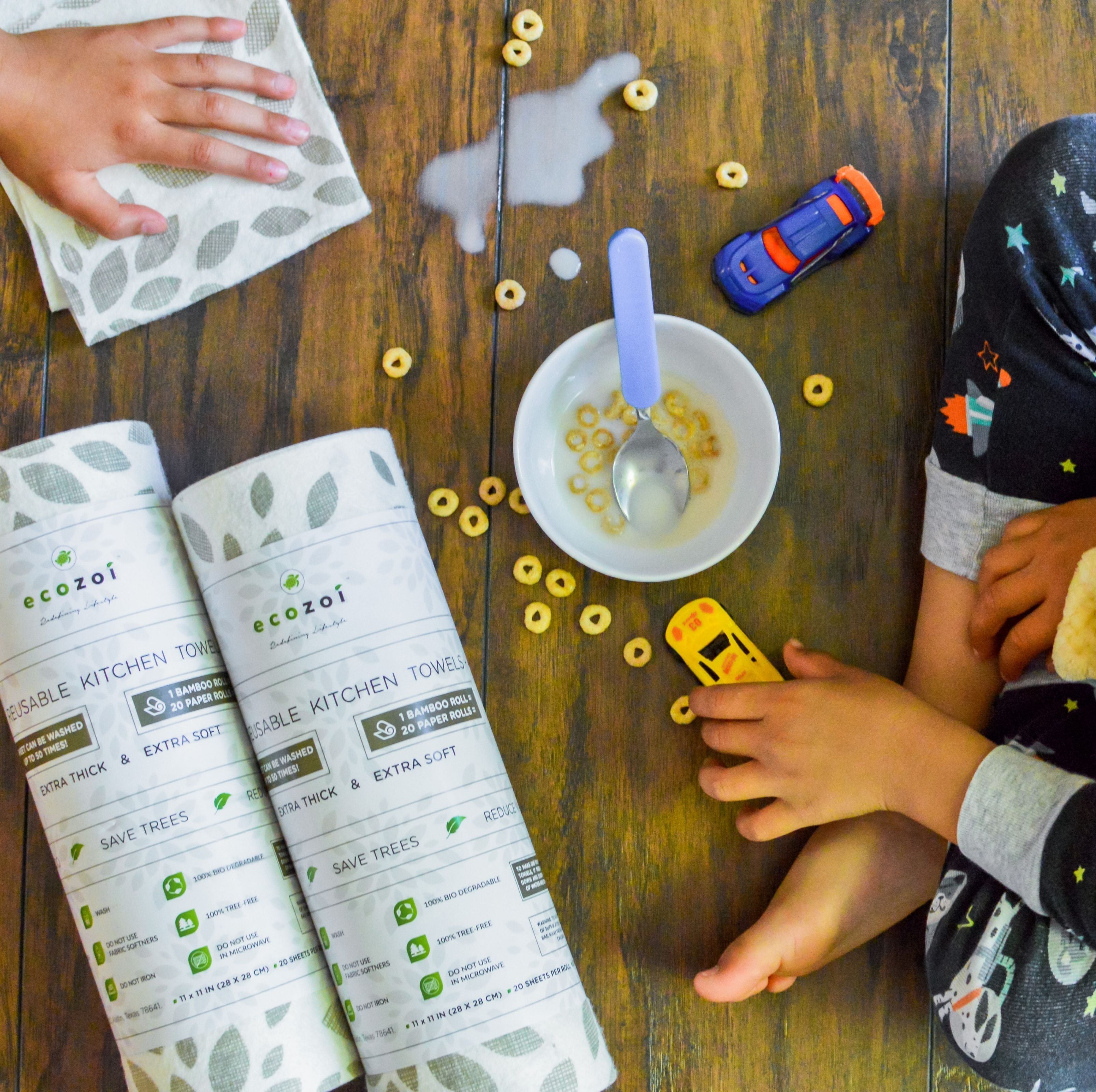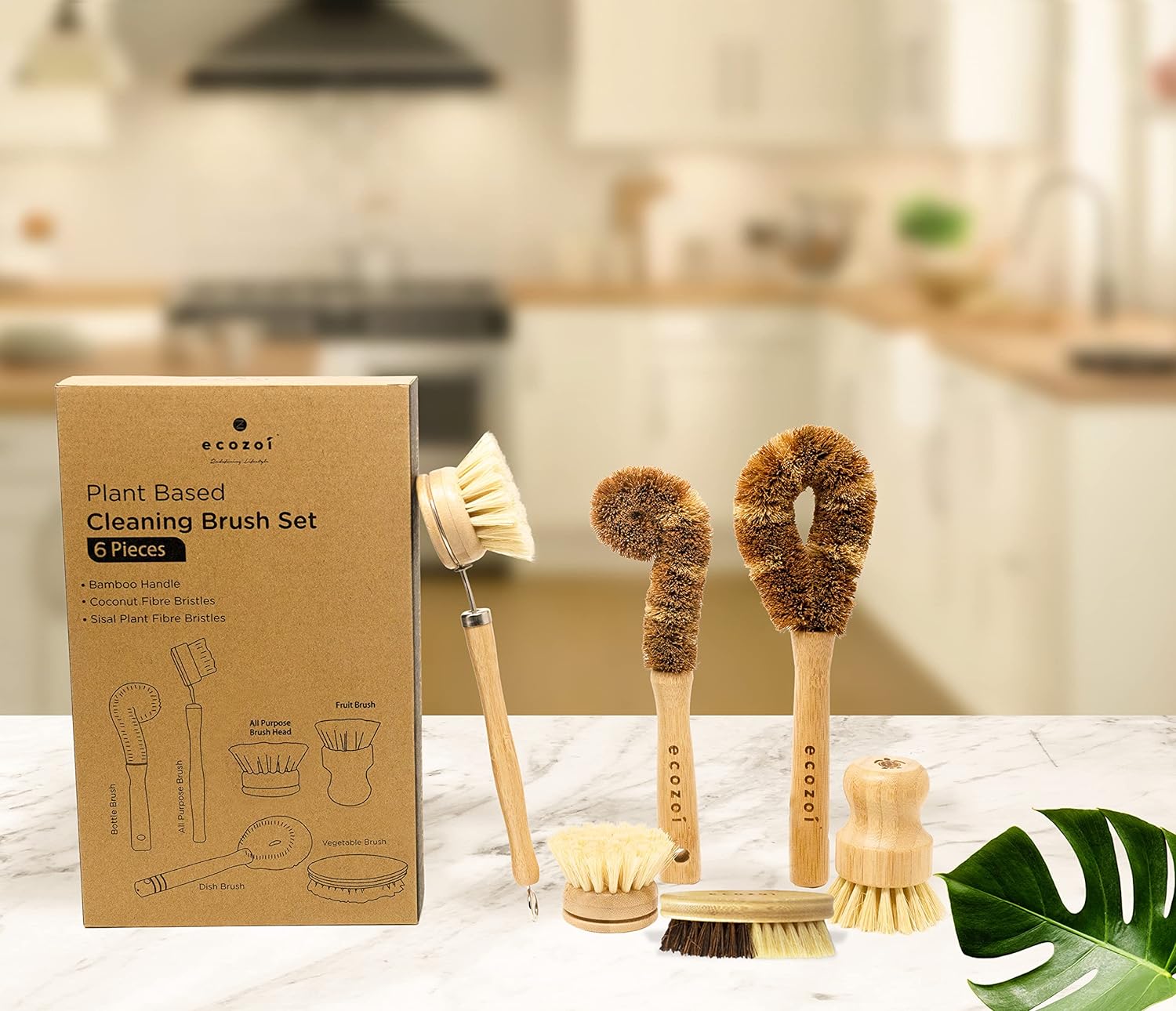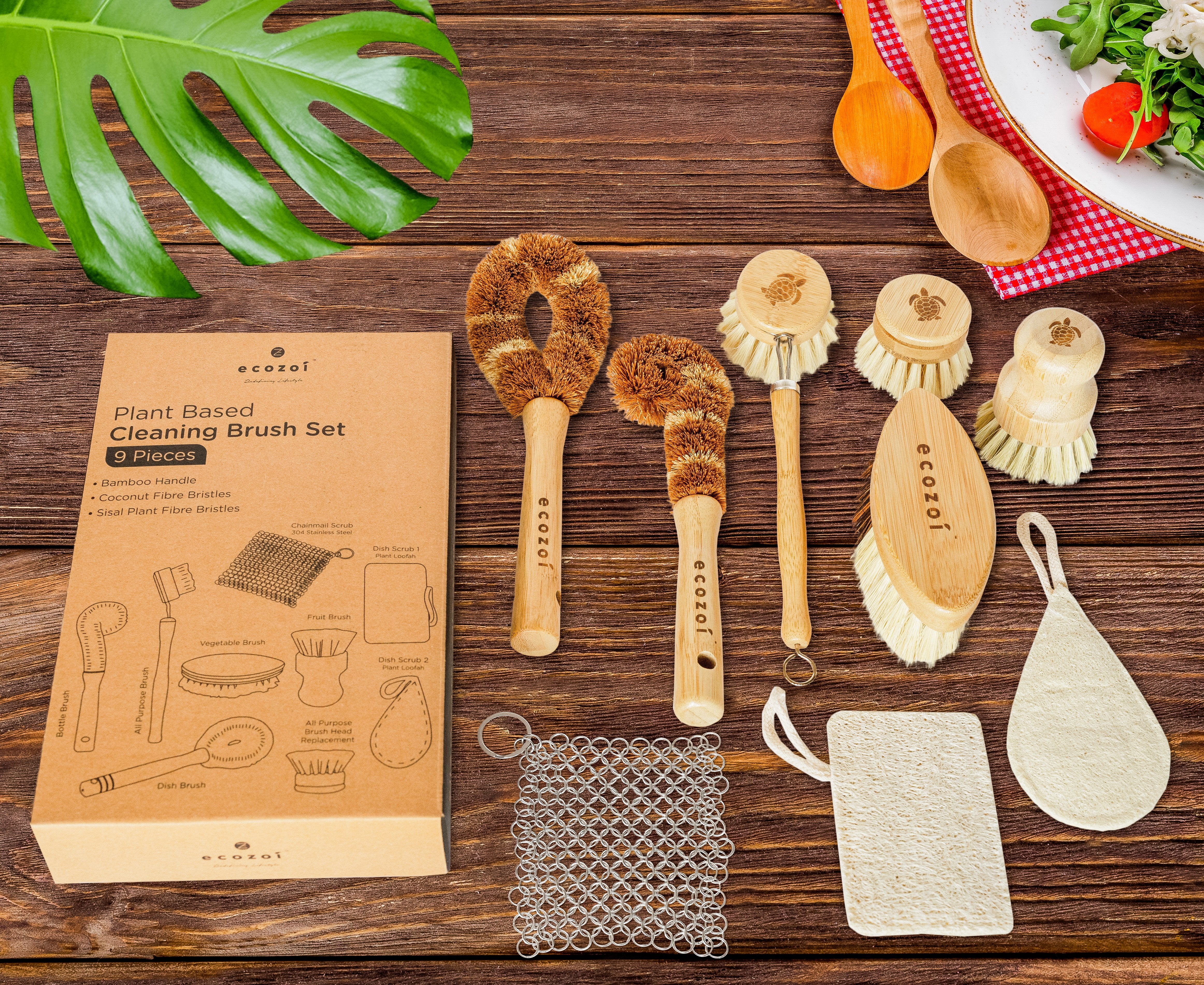Bamboo 101: Is Bamboo Really as Sustainable and Eco-Friendly as They Say?
 Bamboo — Nature’s Fast-Growing Wonder
Bamboo — Nature’s Fast-Growing Wonder
Walk into any eco-conscious home today and you’ll find bamboo everywhere — cutting boards, toothbrushes, towels, even toilet paper. Its sleek look and “green” image make it a favorite among sustainable shoppers.
But here’s the question: Is bamboo truly sustainable, or just another eco-marketing buzzword?
Let’s dig deeper into how bamboo grows, what makes it eco-friendly, and the challenges behind its mass production.
1. The Fast-Growing Giant: Why Bamboo Got Its Green Reputation
Bamboo grows up to 3 feet per day — faster than any other plant on Earth.
Unlike hardwood trees, bamboo doesn’t need replanting after harvesting; it naturally regenerates from its roots. This makes it an incredibly renewable resource.
It also:
- Requires no pesticides or fertilizers
- Absorbs more carbon dioxide and releases more oxygen than many trees
- Prevents soil erosion with its strong root system
That’s why bamboo has become the poster child of sustainability.
2. Eco-Friendly Benefits of Bamboo Products
When sourced responsibly, bamboo can replace many plastic and wood items in your daily life.
At Ecozoi, you’ll find bamboo used in eco-friendly kitchen and home essentials — such as:
These products are biodegradable, durable, and toxin-free, offering a healthier alternative for both you and the planet.
3. The Other Side of the Story: When Bamboo Isn’t So Green
Here’s the catch — not all bamboo products are created equal.
Some manufacturing processes use harsh chemicals (especially for textiles like bamboo viscose or rayon). These chemicals can harm both workers and the environment if not properly managed.
In addition:
● Unsustainable farming practices can lead to deforestation, when forests are cleared to grow bamboo commercially.
● Transportation emissions add to its footprint, especially for products shipped globally.
That’s why certified sustainable sourcing matters. Always look for FSC-certified bamboo products and brands like Ecozoi that prioritize ethical supply chains.
4. Bamboo vs. Wood: Should We Replace Forests with Bamboo?
It’s tempting to think bamboo could solve all our wood-related problems — but nature needs balance.
While bamboo grows faster, wood still plays a vital role in ecosystems and offers certain structural advantages. The key isn’t to replace one with the other, but to use both responsibly.
 👉 Read next: Top 10 Ecological Cleaning Products for Home & Business
👉 Read next: Top 10 Ecological Cleaning Products for Home & Business
5. Bamboo vs. Plastic: The Sustainable Swap
Here’s where bamboo truly shines.
Bamboo products, unlike plastic, break down naturally. From toothbrushes to lunch boxes, switching to bamboo helps reduce plastic pollution — one small habit at a time.
Explore sustainable swaps on Ecozoi’s Zero Waste Collection to get started.
6. How to Choose the Right Bamboo Products
Before adding “bamboo” to your cart, check:
✅ FSC or organic certifications
✅ No chemical-based bamboo rayon
✅ Minimal or plastic-free packaging
✅ Locally or ethically sourced materials
Supporting transparent brands like Ecozoi ensures your eco choices truly make a difference.
7. The Verdict: Is Bamboo Sustainable?
Yes — when it’s responsibly sourced and processed.
Bamboo can be a sustainable superstar, but it’s not a “get-out-of-greenwashing-free” card. Conscious consumers must still read labels, research brands, and choose certified eco-products.
Sustainability isn’t about perfection — it’s about progress.
8. Quick FAQ
What products are made from bamboo?
From kitchen tools to toilet paper and straws, bamboo is used in hundreds of eco-friendly alternatives. See examples at Ecozoi’s bamboo collection.
Are bamboo products healthy?
Yes! Natural bamboo is antibacterial and safe for food use when uncoated with harmful chemicals.
Is bamboo 100% recyclable?
While not recyclable like metal or glass, bamboo is biodegradable and compostable, making it planet-friendly.
Is bamboo better than plastic or wood?
In most cases, yes — bamboo has a lower carbon footprint and is renewable. But balance and responsible sourcing remain key.
The Green Choice That Grows Back
Bamboo proves that sustainability can be beautiful, strong, and practical.
It’s not perfect, but when you buy from trusted brands that prioritize the planet — like Ecozoi — every product becomes a step toward a greener world.
We Want to Hear From You!
Let us know how Ecozoi’s products have helped you with your eco-friendly lifestyle! Please take a moment to fill out our Ecozoi Customer Survey. Your feedback helps us grow and improve!


